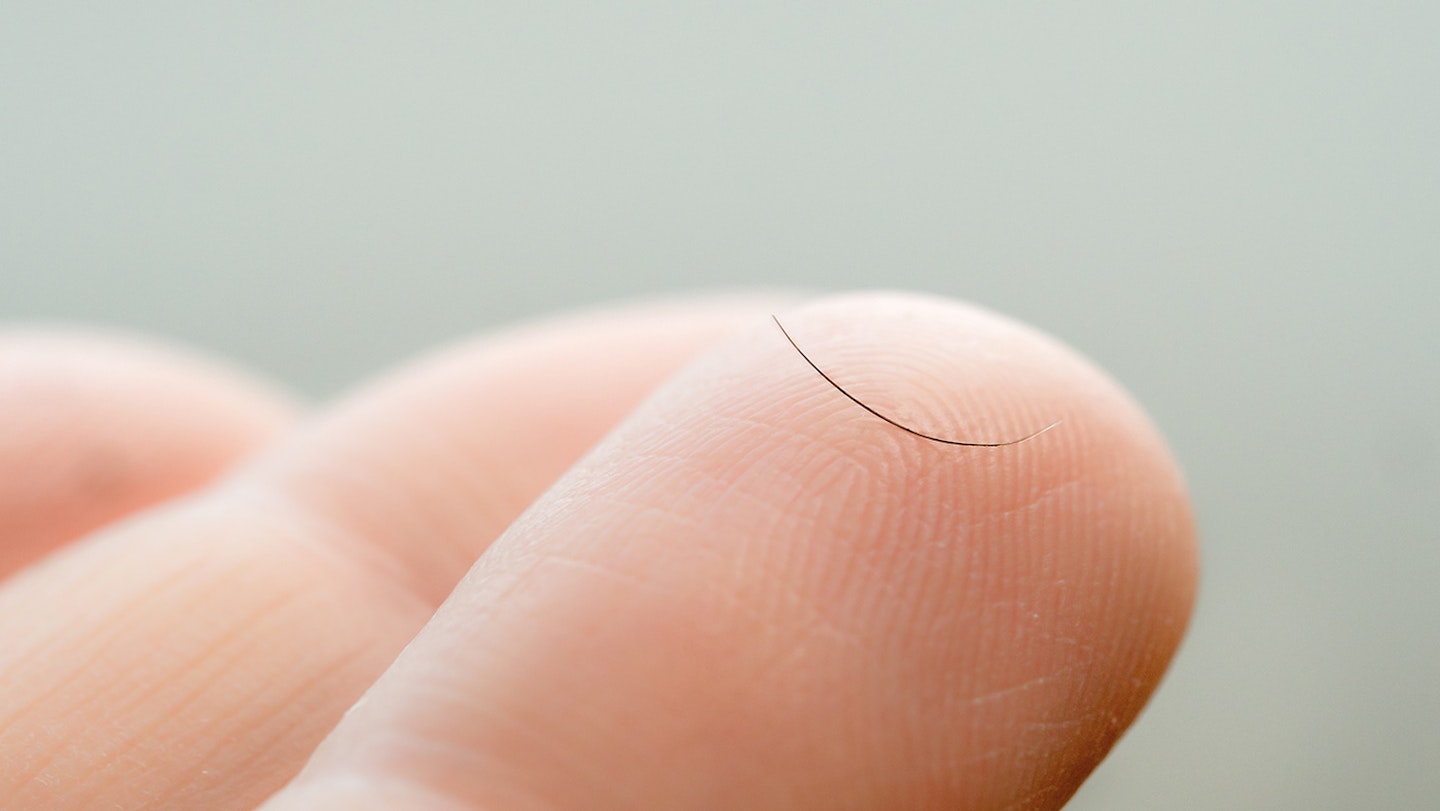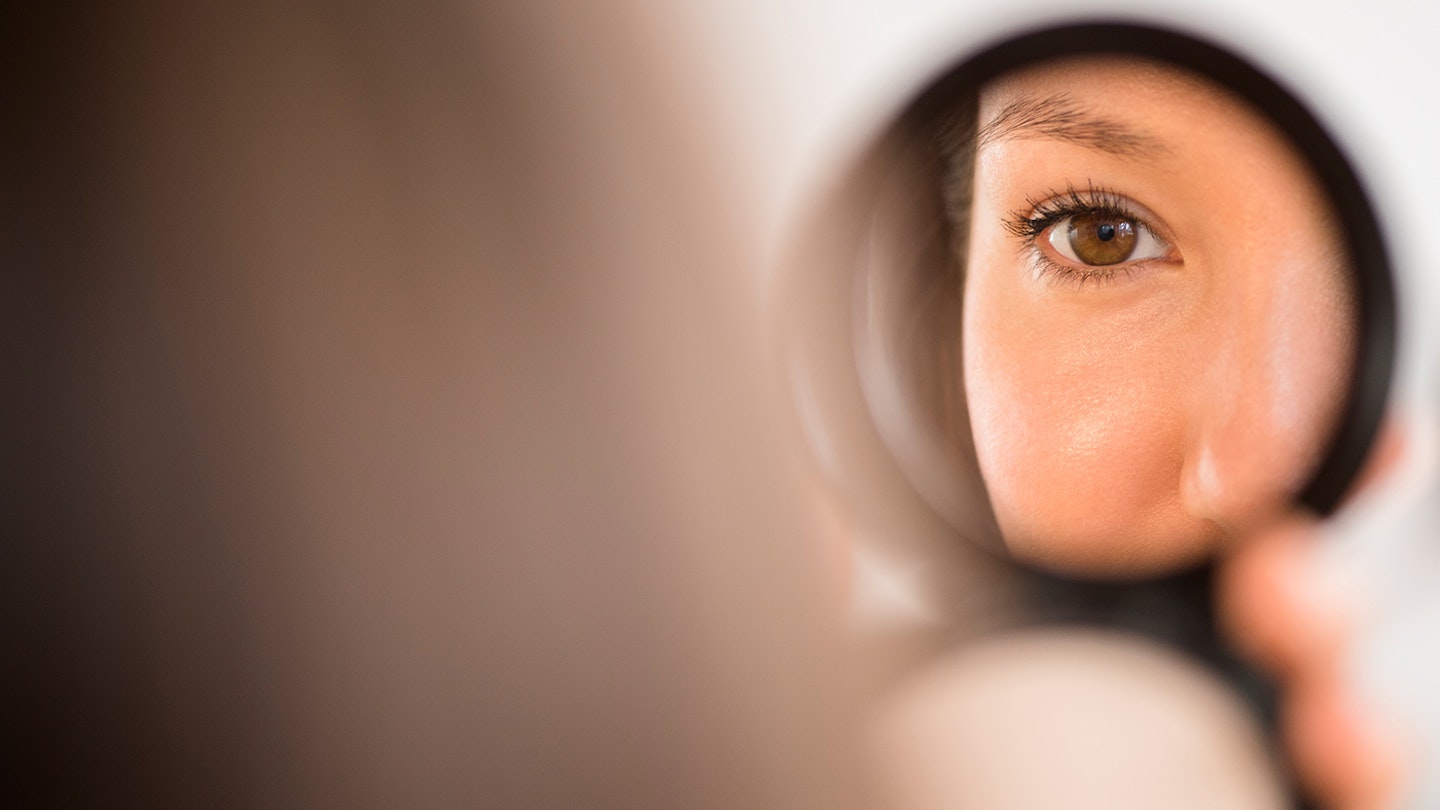While it's normal to lose some eyelashes, if you've noticed this is the case frequently, you might be feeling concerned about what it could mean and if something might be wrong. We caught up with Expert Consultant Ophthalmic and Oculoplastic Surgeon Dr Elizabeth Hawkes to find out more about losing eyelashes.
Why are my lashes falling out?
There are several reasons you might be losing eyelashes. These include:
Eyelash extensions: These can cause extra stress on your lashes and cause them to fall out. It can also stem from allergies to the glue used to apply eyelash extensions.”
Blepharitis: This causes swollen, itchy eyelids which can lead to lash loss. It starts with a build-up of debris and bacteria around the base of the lashes. The eyelids are unique and in between our eyelashes, we have tiny glands called Meibomian, which are the tiny oil glands which line the margin of the eyelids. Over time, these can get clogged up and lead to lash loss.
Cosmetics irritation: If you leave eye makeup such as your favourite mascara for older women on for too long, it can harm the lashes and lead to shedding.
Trichotillomania: This is a condition where emotional or psychological distress will cause a person to pull out their own eyelashes.
Skin cancer: If lashes are missing on a specific part of your eyelid, you should see a doctor as skin cancer can interrupt eyelash growth on the eyelid.
Is losing eyelashes normal?
Yes, some eyelash loss is normal, which is why many people choose to apply false lashes to give thinner lashes a boost. "People usually lose between one and five eyelashes each day," explains Dr Hawkes. "Our bodies have a natural shedding cycle and our eyelashes usually only reach approximately 10mm in length. Most people have approximately 150-200 eyelashes on the top of each eye and 50-100 on the bottom. They protect the eye from dust, debris, sun and general dirt and affect the airflow around the eye, protecting the surface of the eyeball, or cornea."

What if eyelash loss is accompanied by other hair loss?
“If you are losing hair from other places, such as the eyebrows or scalp, this could be a sign of a health condition such as alopecia, where the body attacks its own hair follicles," says Dr Hawkes. "A thyroid disorder can also cause lash and other hair loss. It could also be a sign of stress or nutritional deficiencies. Hormone changes, such as when women are going through the menopause, can also cause eyelash and hair loss in general." There are many medications that can have an effect on hair loss too.
When to see a doctor about losing eyelashes
If you are worried in any way about losing eyelashes, you should see a doctor. "I would also urge people to go if the eyelash loss is in combination with any vision loss, or changes such as redness or itching on the skin around the eyes," advises Dr Hawkes. "Please also see a doctor if you are losing hair in other places and if the lash loss is happening on both eyelids. It is also especially important to visit a doctor if you are also feeling pressure around your eyes.”
How to prevent eyelash loss
Our eyelashes aren’t just there for aesthetic purposes, they do a vital job protecting our eyes, helping to deflect anything that is coming towards the eye that could harm it.
“It’s crucial that you keep them healthy," Dr Hawkes warns. "The trend for wearing false eyelashes has increased dramatically in recent years, whereby a lot of people think it’s OK to wear them every day and I highly discourage this."
"People need to be very careful with lash extensions. Many people find they are allergic to the glue, which can lead to infections as well as lash mites. If you do have them, you must clean them properly, even if it means they don’t last as long. Continuously adding glue to your lash line can lead to irritation and lash loss so you should always make sure you are cleaning your lid."
Dr Hawkes advises using a cotton pad soaked in cooled boiled water. Swipe down for the upper lids and swipe up for the lower lids. This is called lid hygiene and ensures the Meibomian glands remain clean. You can use a small brush to prevent build-ups too.
“If you have eyelash extensions and want to remove them, make sure you have them taken off professionally as pulling them off yourself will damage your natural lashes," Dr Hawkes adds. "If you break or damage your eyelashes, your eyes become more susceptible to infections."
When using an eyelash curler, take great care so as not to damage the lashes. You only need to very gently curl the lashes. Dr Hawkes advises against heated lash curlers as these can cause breakage.
How to speed up lash growth
If you're losing eyelashes, naturally you'll be keen to find ways to speed up lash growth. Dr Hawkes suggests the following:
• Try massaging your eyelashes before bed with mild soap to make sure the surface is clean. It will help maintain the health of the follicles and can help eyelashes grow longer and thicker.
• Use a hot compress over the eyes to help keep your lids clean and help with any inflammation.
• Eating a healthy, balanced diet which will encourage hair growth, as well as overall health.
• Carefully use oils such as vitamin E or castor oil to help eyelashes grow. You need a sterilised mascara wand to dip in and coat the clashes. You can leave it on overnight. Be very careful not to get the oil in your eyes.
• There are lots of lash serums on the market and they work with the growth cycle of the eyelash to help boost it.
Remember, it takes about 90 days for lashes to grow so it’s a bit of a process to see a change.
About the expert
Elizabeth D Hawkes MBBS, BSc, FRCOphth, is a Consultant Ophthalmic Surgeon, Oculoplastic Surgeon & Aesthetic Practitioner specialising in blepharoplasty, eye surgery & advanced facial aesthetics.
To enjoy more regular stories just like this, become a Yours subscriber and become part of our fun and friendly community of like-minded readers.
Features & Reviews Editor Emily Gilbert has been a journalist since 2015 and has worked across a variety of specialist and lifestyle brands both in print and online. Specialising in travel content and product reviews, Emily is the first to know about all the exciting new releases, her favourite being gadgets for the home.

